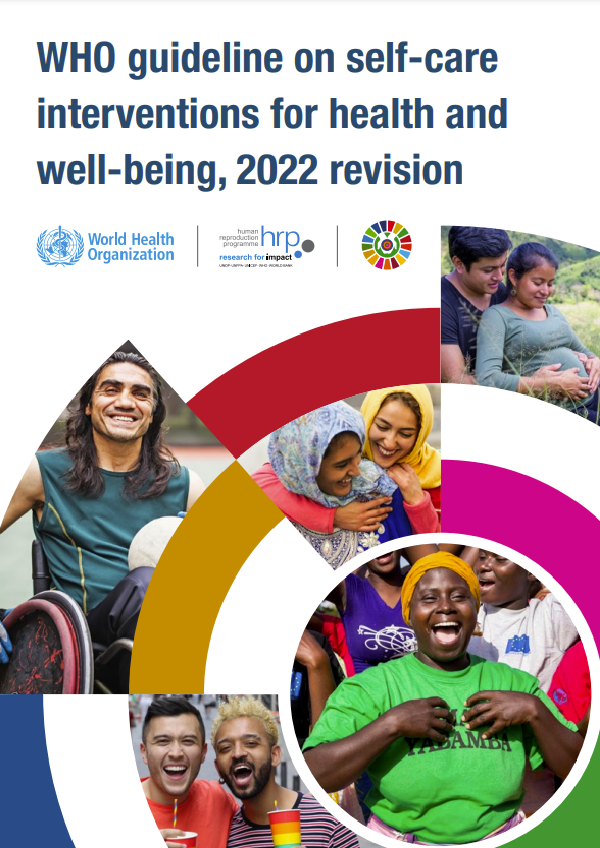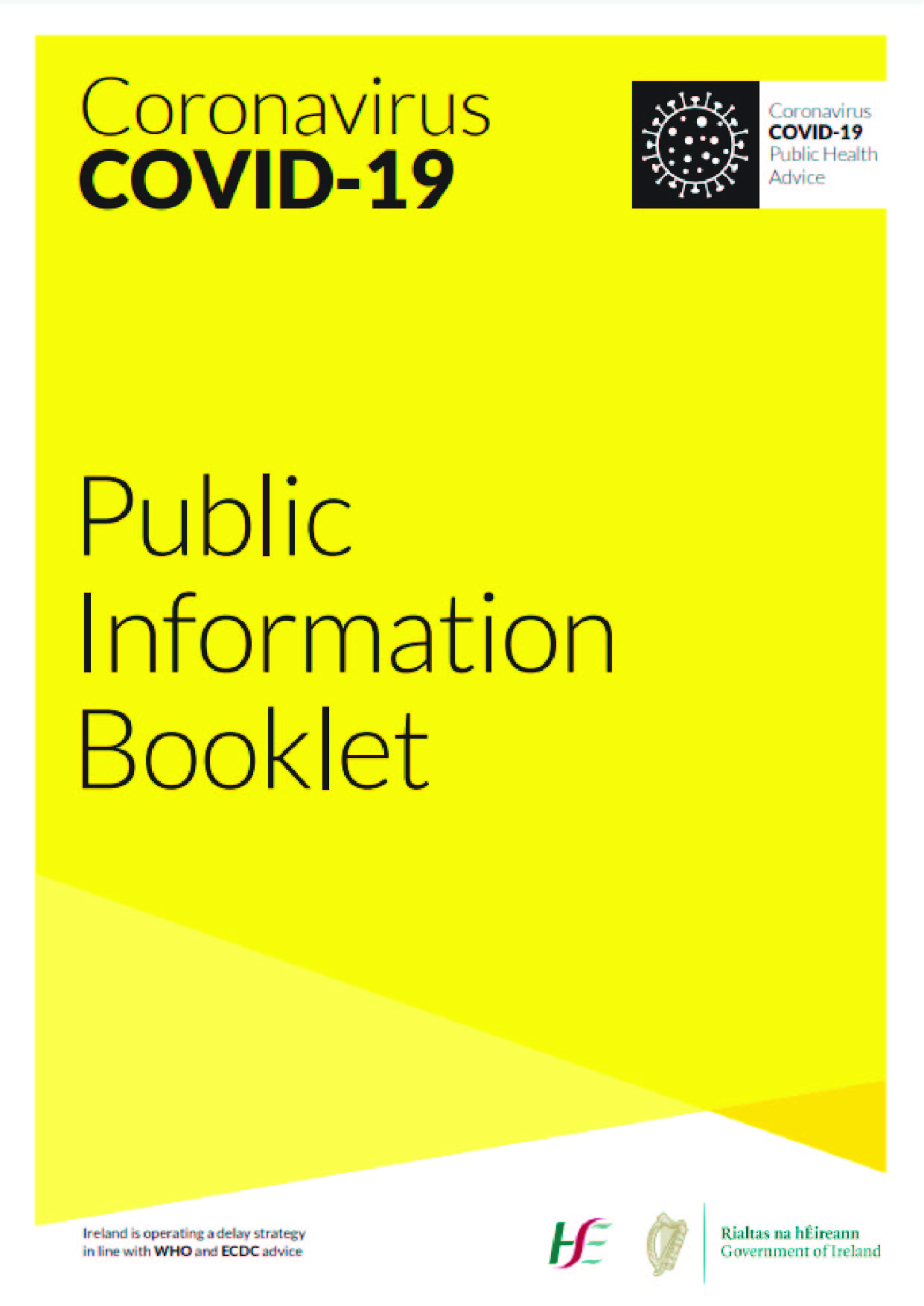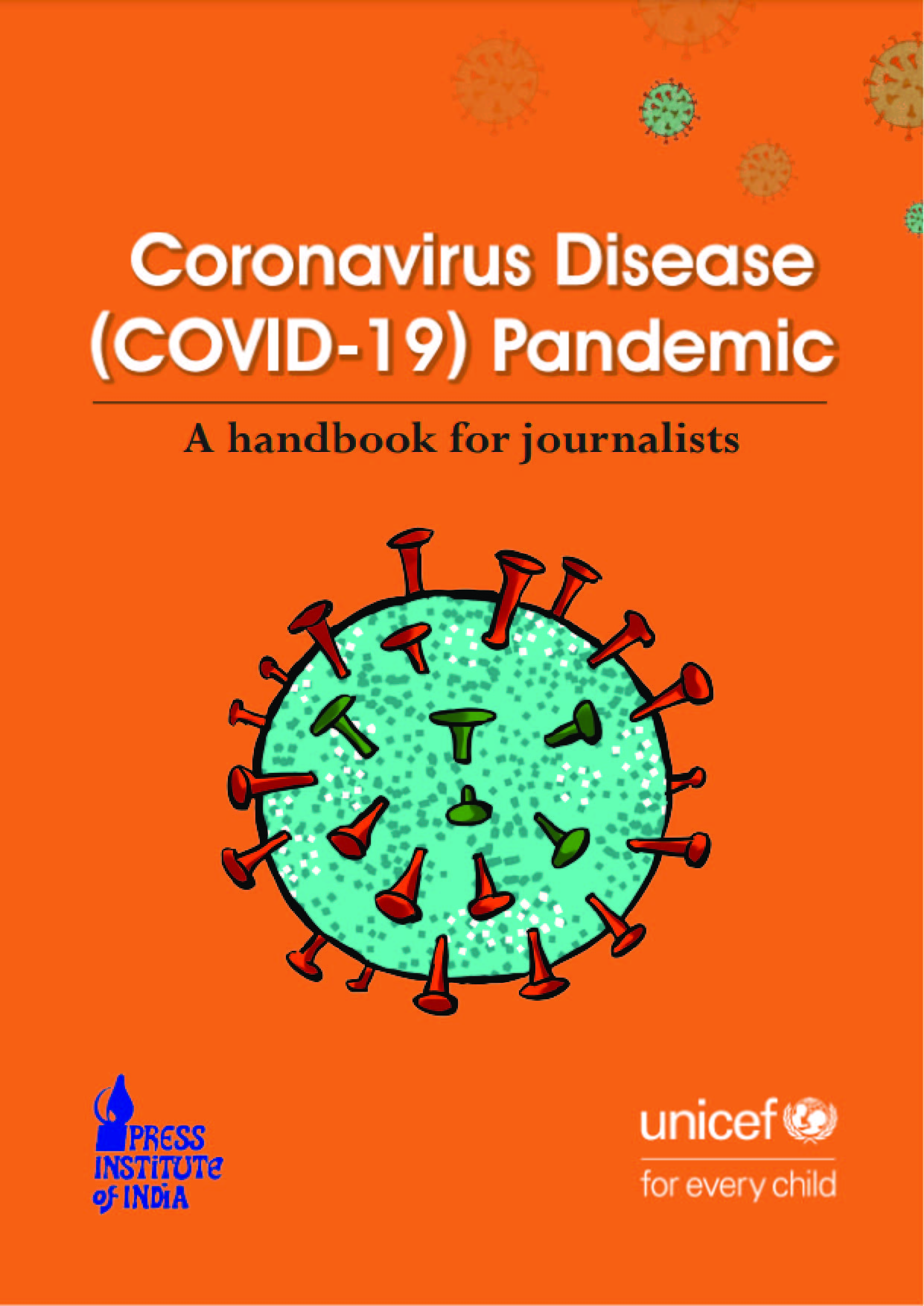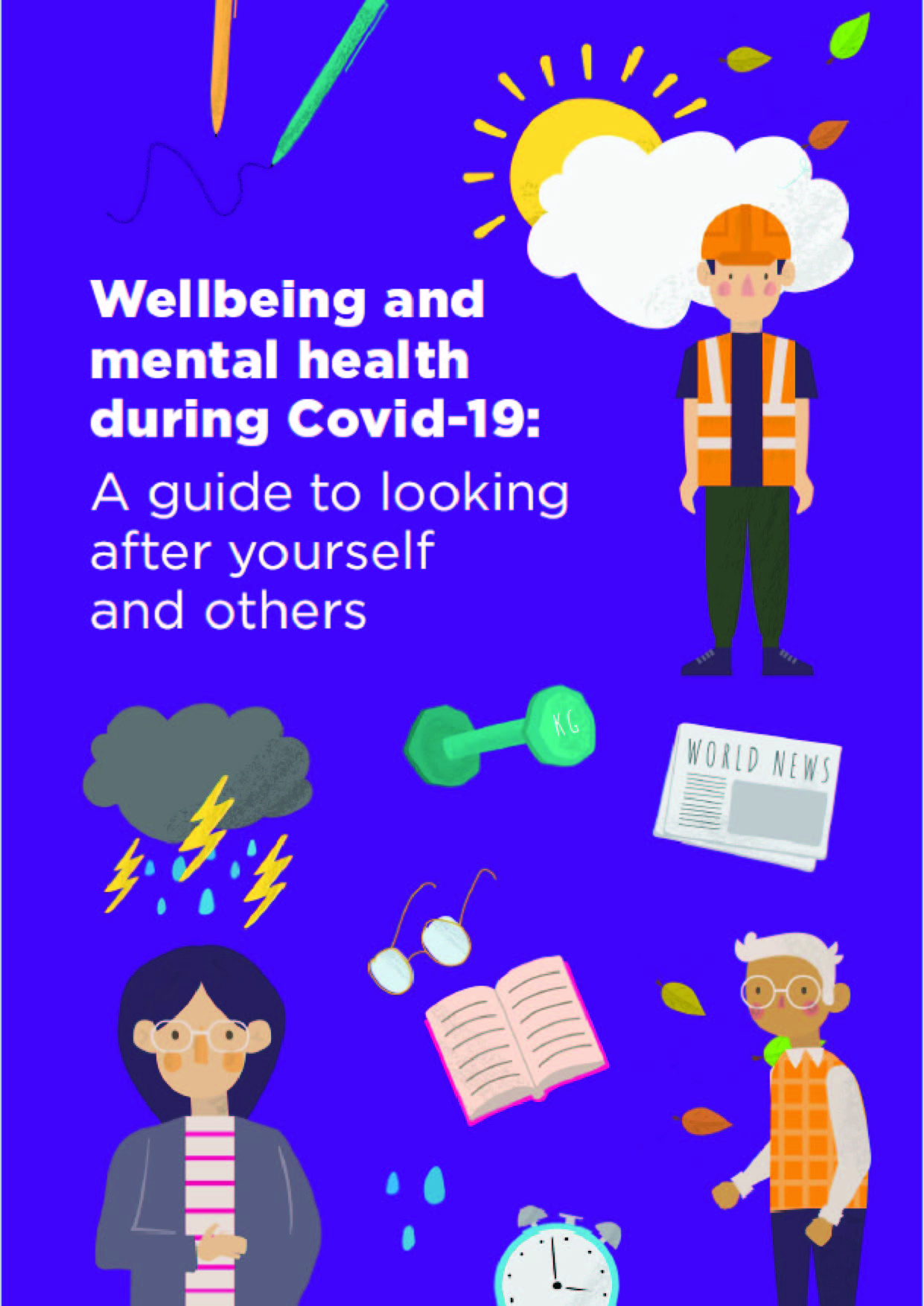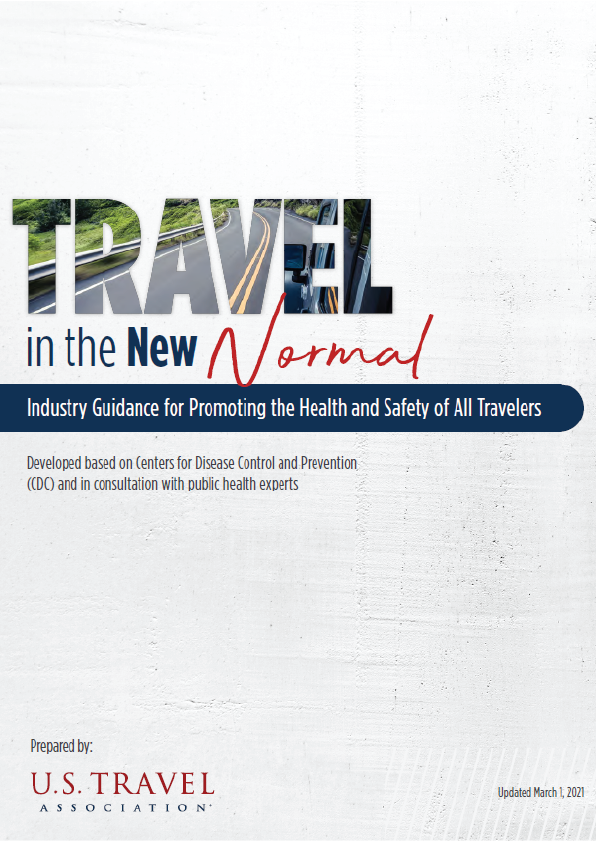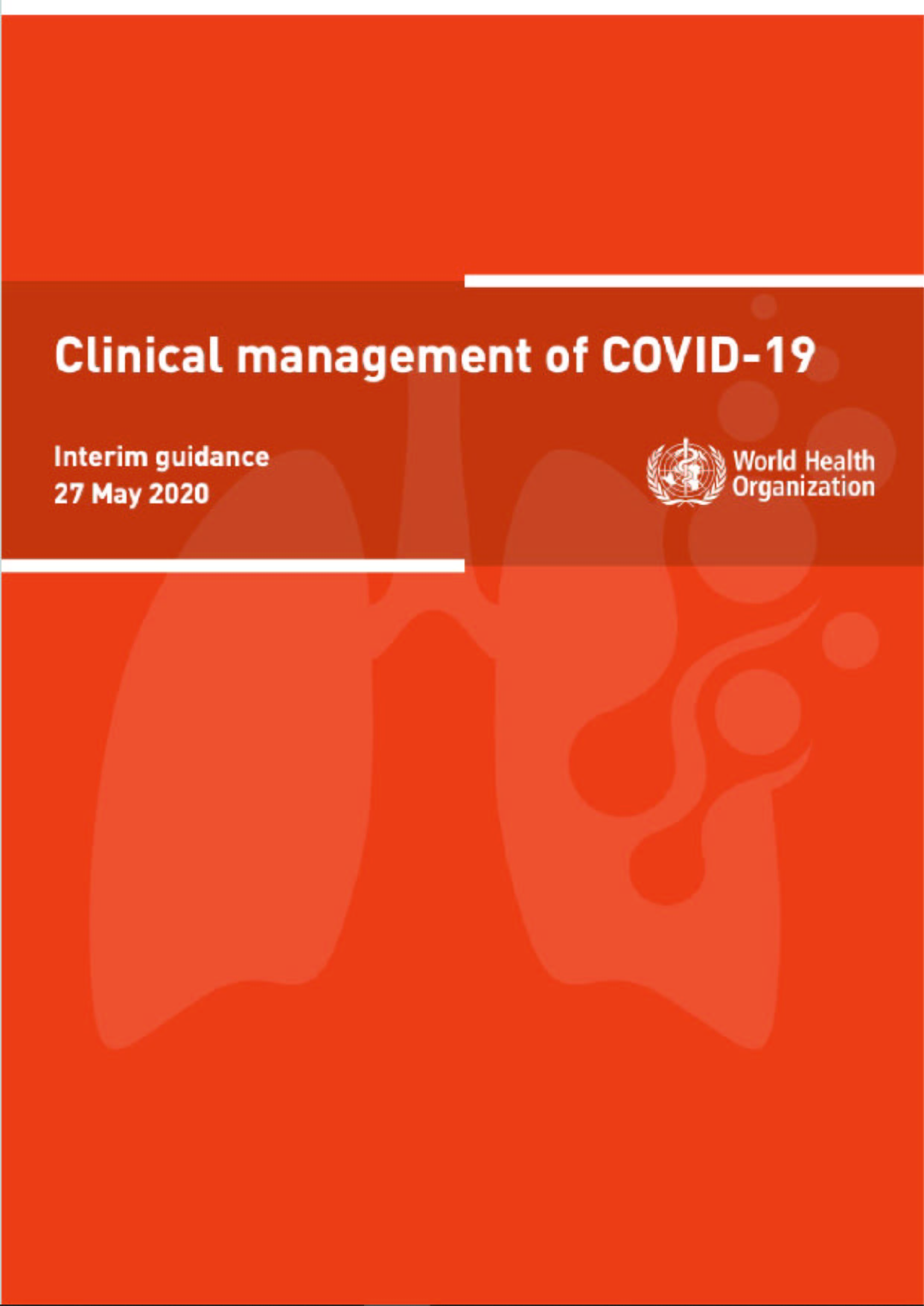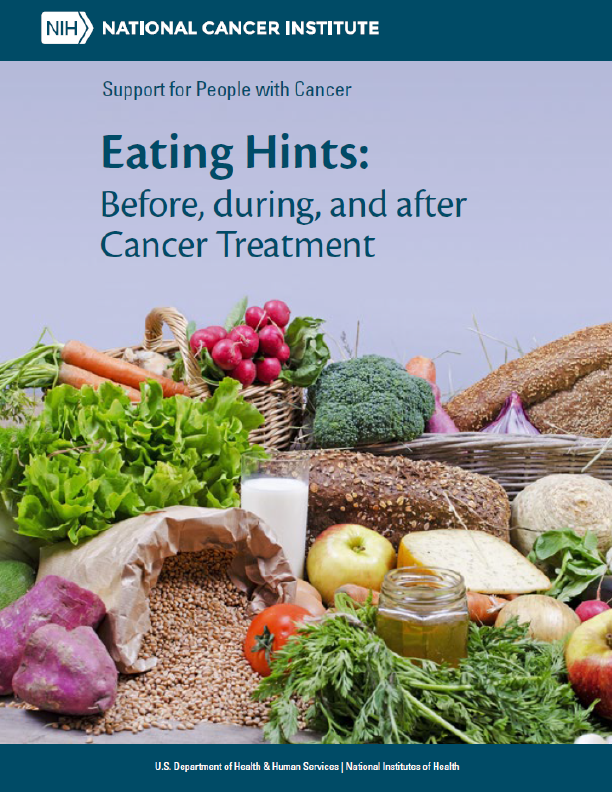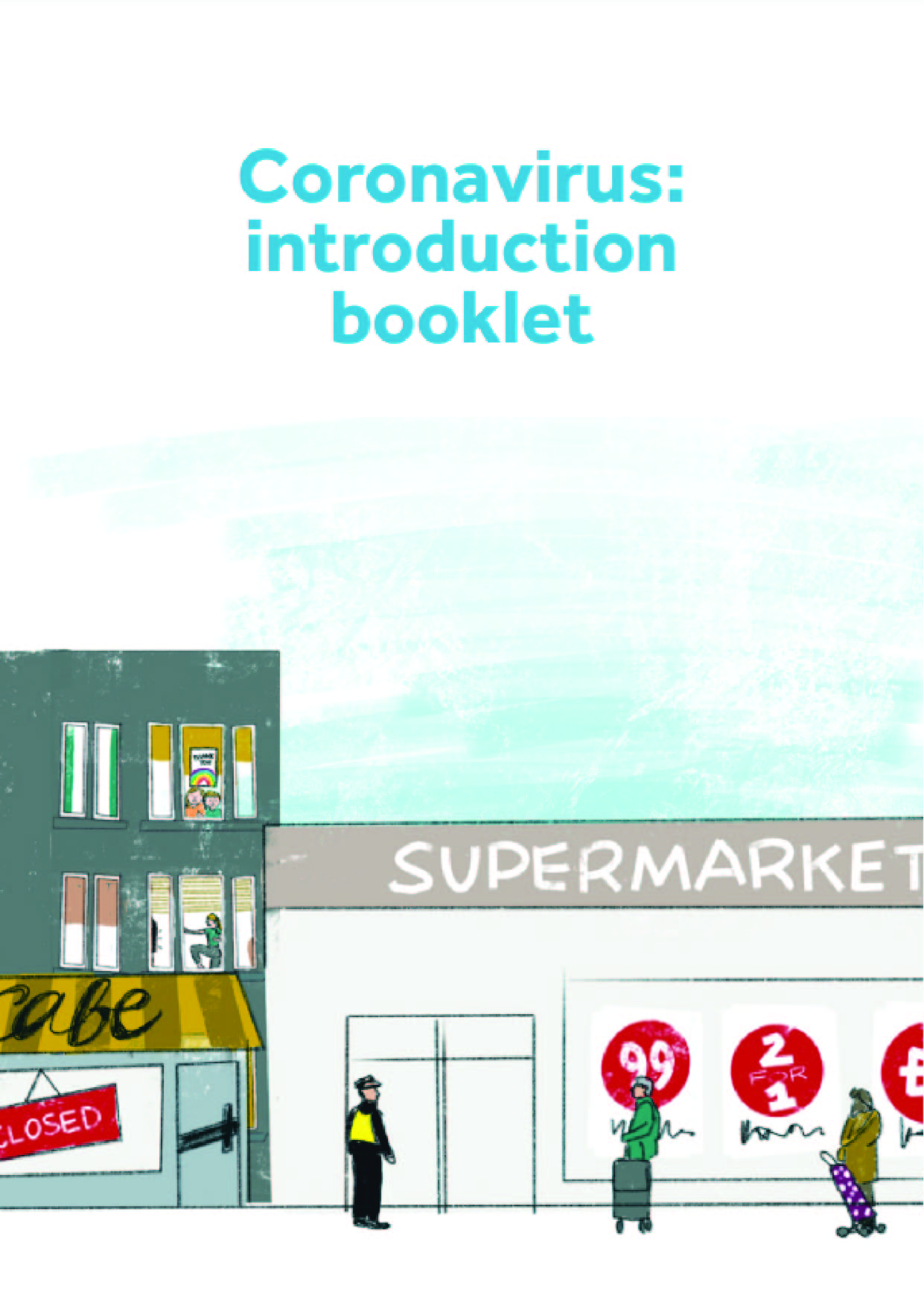A global shortage of an estimated 18 million health workers is anticipated by 2030, a record 130 million people are in need of humanitarian assistance, and there is the global threat of pandemics such as COVID-19. At least 400 million people worldwide lack access to the most essential health services, and every year 100 million people are plunged into poverty because they have to pay for healthcare out of their own pockets. There is, therefore, an urgent need to find innovative strategies that go beyond the conventional health-sector response. These interventions are also relevant for all three areas of the Thirteenth General Programme of Work of the World Health Organization.
WHO recommends self-care interventions for every country and economic setting as critical components on the path to reaching universal health coverage (UHC), promoting health, keeping the world safe, and serving the vulnerable.
Self-care interventions are among the most promising and exciting approaches to improving health and well-being, both from a health systems perspective and for the users of these interventions. Self-care interventions hold the promise to be good for everyone and to move us closer to realizing universal health. Self-care interventions have the potential to increase choice and autonomy when they are accessible, acceptable and affordable. They represent a significant push towards greater self-determination, self-efficacy, autonomy and engagement in health for self carers and caregivers. While risk and benefit calculations may be different in different settings and for different populations, with appropriate normative guidance and a safe and supportive enabling environment, self-care interventions promote the active participation of individuals in their healthcare and are an exciting way forward to reach improved health outcomes by addressing various aspects of healthcare.
A global shortage of an estimated 18 million health workers is anticipated by 2030, a record 130 million people are in need of humanitarian assistance, and there is the global threat of pandemics such as COVID-19. At least 400 million people worldwide lack access to the most essential health services, and every year 100 million people are plunged into poverty because they have to pay for healthcare out of their own pockets. There is, therefore, an urgent need to find innovative strategies that go beyond the conventional health-sector response. These interventions are also relevant for all three areas of the Thirteenth General Programme of Work of the World Health Organization (WHO), as illustrated in Fig. 2. WHO recommends self-care interventions for every country and economic setting as critical components on the path to reaching universal health coverage (UHC), promoting health, keeping the world safe and serving the vulnerable.
Primary healthcare, universal health coverage and other global initiatives
Self-care interventions are increasingly being acknowledged in global initiatives, including for advancing primary healthcare. The three main elements of primary healthcare described in the 2018 Declaration of Astana are:
• Meeting people’s needs through comprehensive and integrated health services (including promotive, protective, preventive, curative, rehabilitative and palliative) throughout the entire life course, prioritizing primary care and essential public health functions;
• Systematically addressing the broader determinants of health (including social, economic and environmental factors as well as individual characteristics and behaviours) through evidence-informed policies and actions across all sectors; and
• Empowering individuals, families and communities to optimize their health as advocates of policies that promote and protect health and well-being, as codevelopers of health and social services and as self carers and caregivers.
